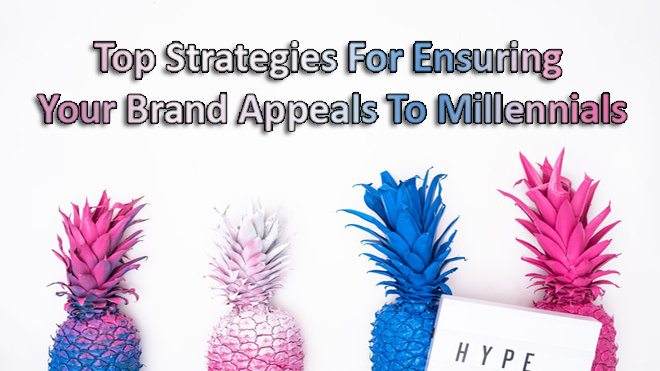
Around 64% of women and 68% of men have felt an emotional connection to a brand (as reported by Consumer Thermometer), indicating the extent to which trust, loyalty, and ethics are important when building your brand in current times.
Today’s millennial customers are meaning-focused, interested in sustainability and ethics, and willing to pay more for a brand they believe in. If you are currently building your brand strategy, how can you ensure that it appeals to one of the most powerful consumer groups on the market?
It All Begins With A Name
Brand naming is a key task that requires research, testing, and feedback. You should ideally test out your chosen name on target groups in a range of countries to ensure the feel is similar across the board.
Currently, around 72% of brand names are invented words or acronyms, so your team might want to get its creative juices flowing by coming up with new words that somehow capture your ethos perfectly – or work with a specialist to do this for you.
Your brand naming strategy extends beyond the name of your company; you should take just as much care to name products and services to ensure that they all exude the same ethos, values, and feel. When it comes to millennials, values such as reliability, quality, loyalty, fair-mindedness, and transparency should somehow be expressed through the names you choose.
Read Also: Mastering the Marketing Mix Strategies for Success With 4Ps
Have Your CEO Speak Up On Important Issues
Branding is more than just your logo, colors, and design style. It extends to how your top managers behave once the brand is established. PR Daily reports that around 83% of millennials want brand managers to demonstrate that they align with key social issues. Around 76%, meanwhile, want CEOs to talk about the issues that are important to them.
Managers and other leaders can use social media, blog posts, and advertising to share key messages on the steps being taken to align products and services with brand ideals.
Read Also:
Be Transparent
Around 94% of customers are likely to be loyal to transparent brands – as found in research compiled by Label Insight. This is especially true in the case of food, skincare, and other products and services with an impact on human health. Share behind-the-scenes glimpses of your planning, manufacturing, and delivery methods through Instagram stories, vlogs, and live streams.
Be open about any flaws you have encountered in processes or products, and respond positively to positive and negative feedback posted by clients on social media.
Deliver Unique Content
Use your social media channels to deliver unique, informative, or entertaining content to your clients. Millennials are a ubiquitously connected bunch, and they will usually have various sites and channels vying for their attention.
Make yours stand out with content that has unique value apart from its connection to the products or services you provide. Depending on the industry you work in, this content can consist of lifestyle videos or blogs, printed magazines, ‘how to’ videos, reports, or even white papers. Millennials don’t want to feel like you are selling them something every time they log onto your social media content.
Millennials are known for specific values – including an interest in sustainability, ethics, and spirituality. Think of how your brand can align with these values – from the way you name your products and services, right through to how transparent you are about processes, ingredients, and components.
Deliver exciting social media content that brings true worth to an audience who may have just a few minutes a day spare to surf your site or channels to find enriching content.







